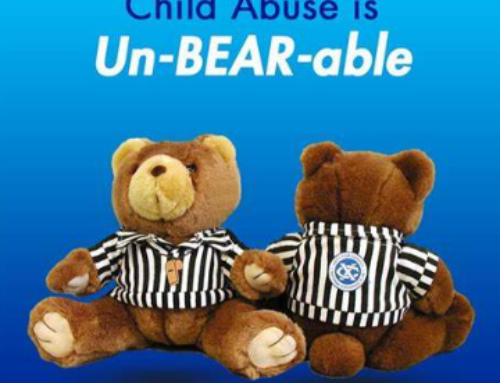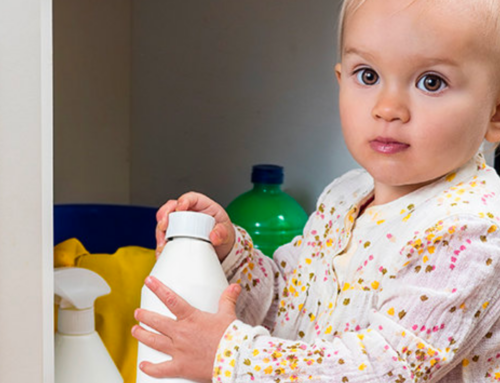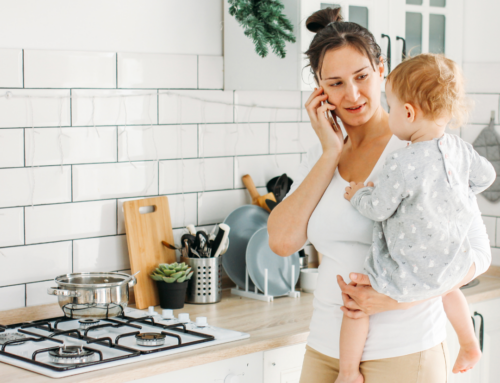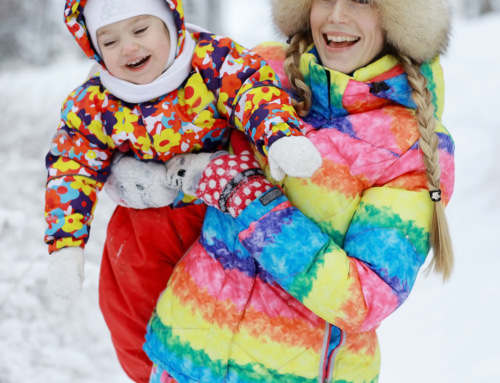
Carbon Monoxide Poisoning Prevention
Happy New Year Florence Crittenton Family! Chilly weather is upon us here in the Lowcountry, and parents and caregivers of young children are hard at work keeping their homes safe and warm for their families. A common danger from misuse of fuel-burning appliances used in the cold weather months is carbon monoxide poisoning.
Most people have heard that you shouldn’t start your car in the garage with the door closed to prevent carbon monoxide poisoning from the car’s exhaust, but CO poisoning can occur inside your home as well.
Carbon monoxide is a gas created by fuel-burning appliances like some generators and vehicles when they are running, and when families are exposed, it can cause symptoms ranging from headaches, weakness, nausea, blurred vision, loss of consciousness, or even death depending on the exposure time. Carbon monoxide has no smell or taste, and it isn’t visible in the air, so it is often referred to as the silent killer. The only way to detect it is with a carbon monoxide detector.
To prevent carbon monoxide poisoning in your home:
- If you start your car in an open garage to warm it up, remove it from the garage immediately after.
- Never use a camping stove, generator, or grill inside your home.
- Place a carbon monoxide alarm on every level of your home, especially near sleeping areas, and test them monthly to ensure they’re functioning properly.
While some smoke alarms have carbon monoxide alarms built into them, not all do, and carbon monoxide alarms are not substitutes for smoke alarms and vice versa. You must ensure that you have BOTH smoke alarms AND carbon monoxide alarms in your home. If you need smoke alarms and/or carbon monoxide alarms, check with your nearest Red Cross location or your local fire department. The Red Cross often donates alarms to local fire departments. Be aware that not all locations may have stock available, so you may need to request alarms on their website.
Take these simple precautions that could save the life of your family. For more information about carbon monoxide poisoning and how you can keep your family safe, visit these great resources:




